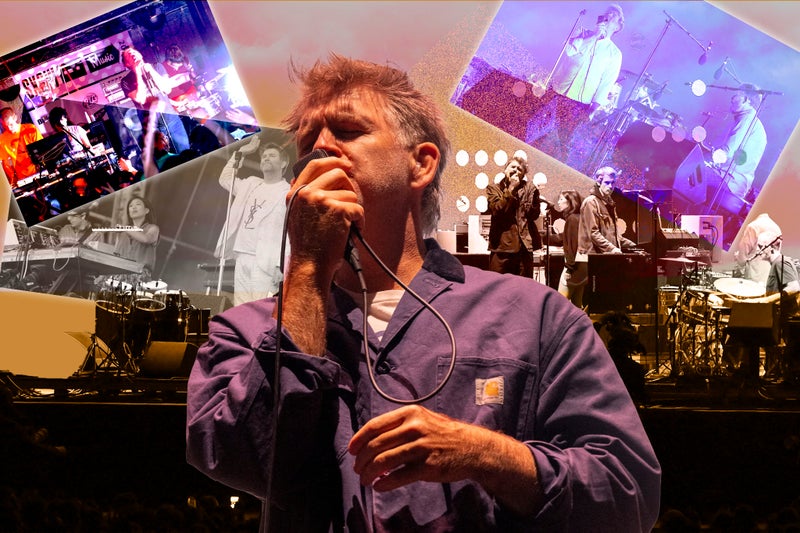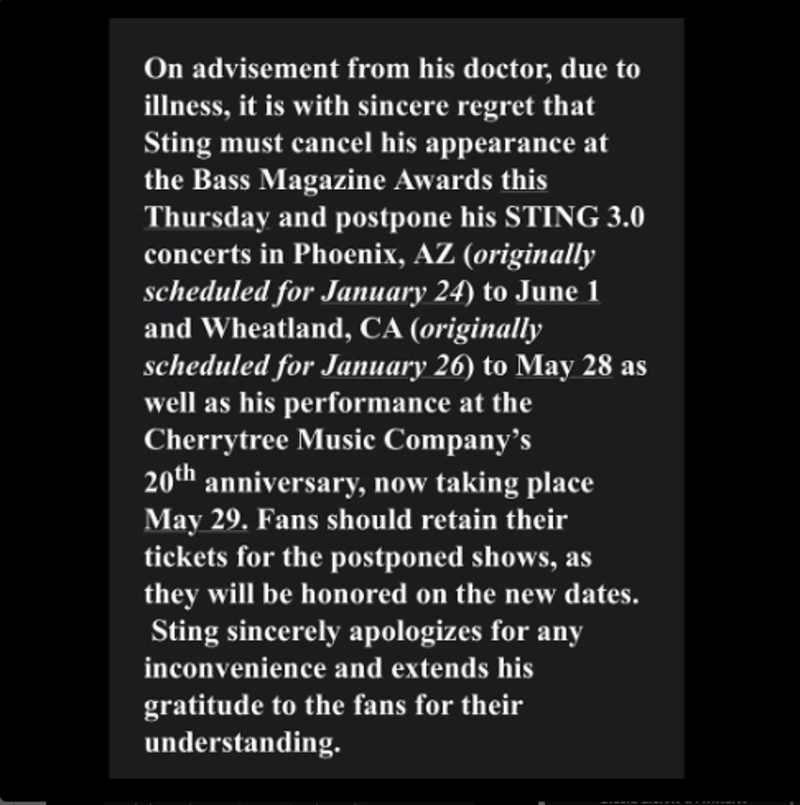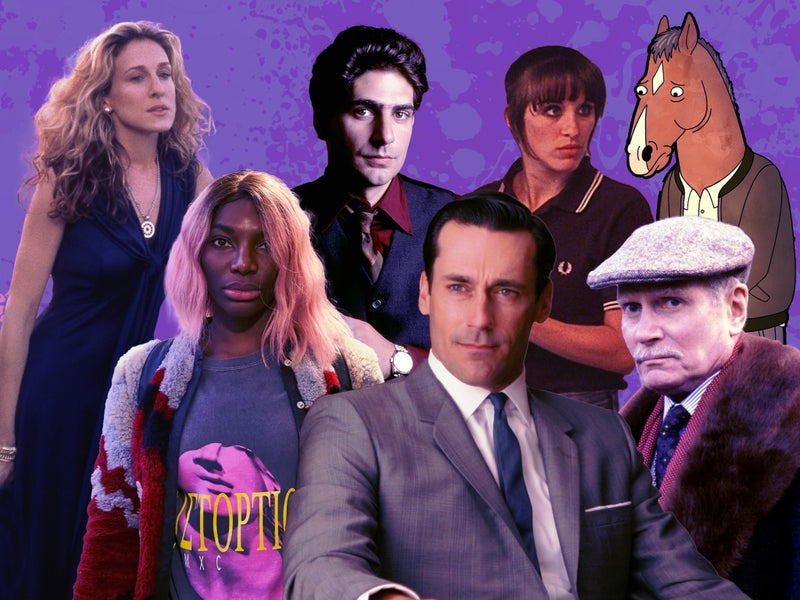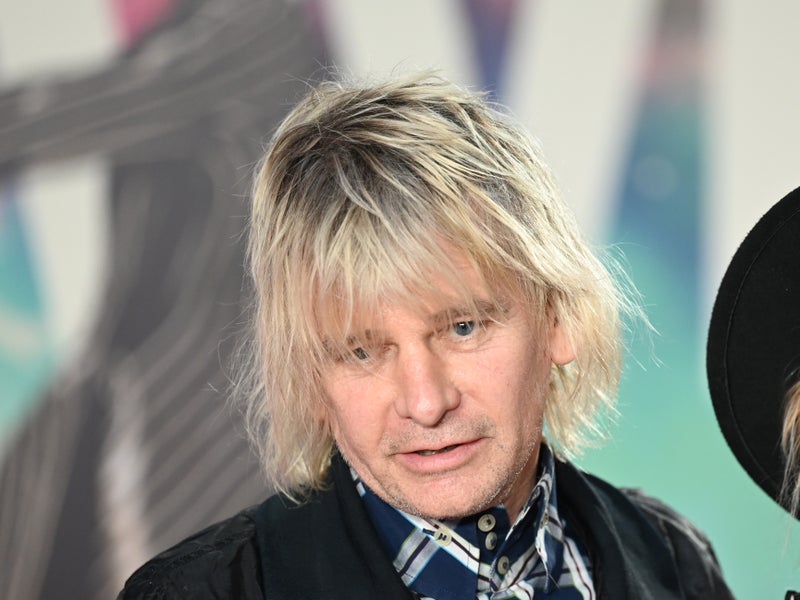LCD Soundsystem: The album that changed music – and sparked hipster culture
Share:
Twenty years on from the group’s genre-splicing debut album, Mark Beaumont talks to those who were there, from The Rapture to Hot Chip, about the most influential New York band of the Noughties. I was there. In the basement party on the Lower East Side the night James Murphy first took ecstasy. Murphy was handing round Juicy Fruit gum to the ravers and David Holmes dropped “Tomorrow Never Knows” the instant he came up.
![[LCD Soundsystem’s self-titled debut album turns 20 this week]](https://static.independent.co.uk/2025/01/20/10/GettyImages-52856206.jpg)
“[My friends] were all around me chanting my name and pointing at me and I was losing my s*** to my favourite song,” Murphy told Lizzie Goodman for her 2017 book about the post-2000 New York rock scene, Meet Me in the Bathroom. “I had a revelation. This is actually me. I was fully me.” Holmes, the renowned Belfast DJ manning the decks at that bacchanalian early party thrown by Murphy’s fledgling label DFA Records (standing for Death from Above) around 2001, saw a light come on in him. “I watched his life completely change in that moment,” he said, “and it was beautiful.”.
![[Murphy stunned the New York music scene with LCD’s debut album track ‘Losing My Edge’]](https://static.independent.co.uk/2024/03/25/18/CEREMONIA_39038.jpg)
Once Murphy turned off his mind, relaxed and raved downstream, the entire NYC scene went with him. His dancefloor epiphany would not only result in a self-titled 2005 LCD Soundsystem album – released 20 years ago this week – which brought the post-punk DIY aesthetic of The Strokes and the Yeah Yeah Yeahs to electronic music, but would also act as the personification of the narrator of his debut single “Losing My Edge” playing Daft Punk to the rock kids.
LCD’s spare but explosive dance punk would build the same sort of bridges between electronica and rock over the rest of the Noughties that The Chemical Brothers and Primal Scream had for Nineties UK audiences. With the joint arrival in 2002 of “Losing My Edge” and The Rapture’s “House of Jealous Lovers” – one of the label’s first releases – the sound and energy of DFA’s wild, scuzzy parties engulfed the global underground. This writer might not literally have been there in the basement that night, but we were all there.






















